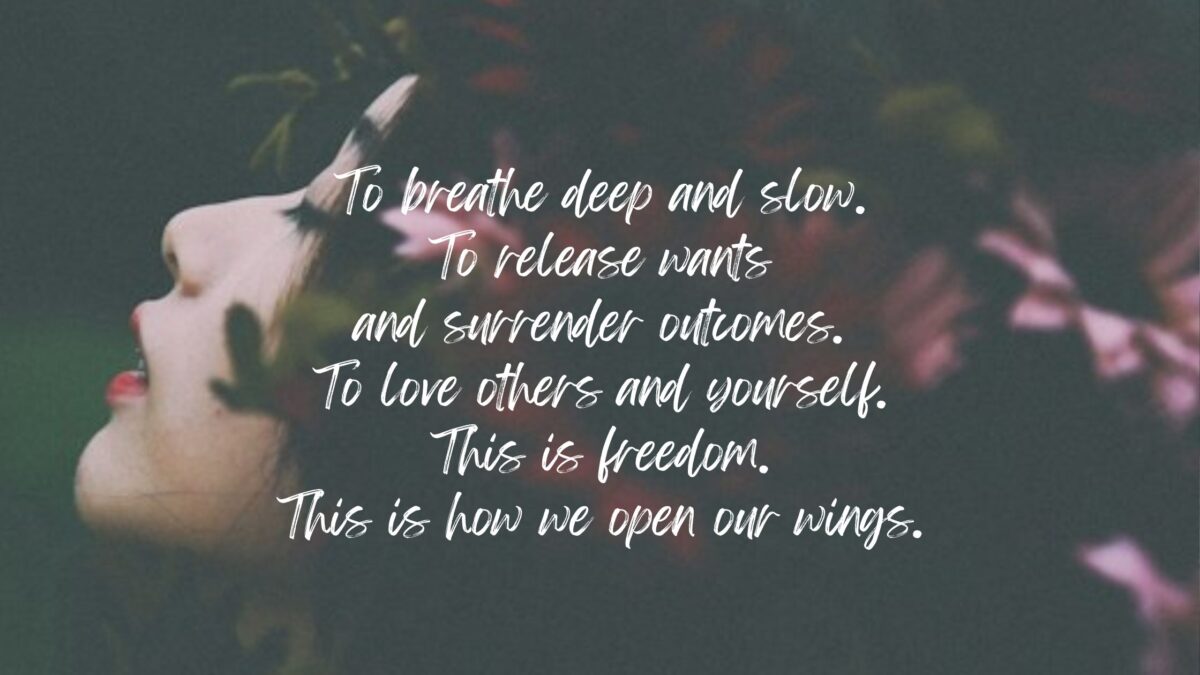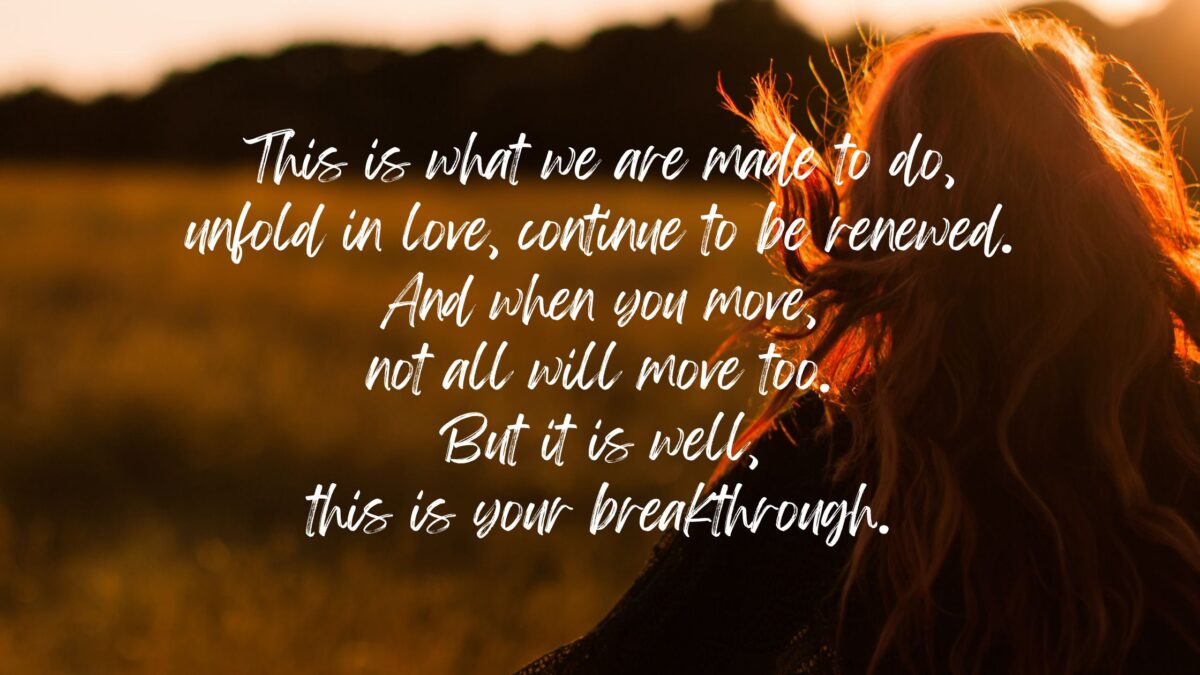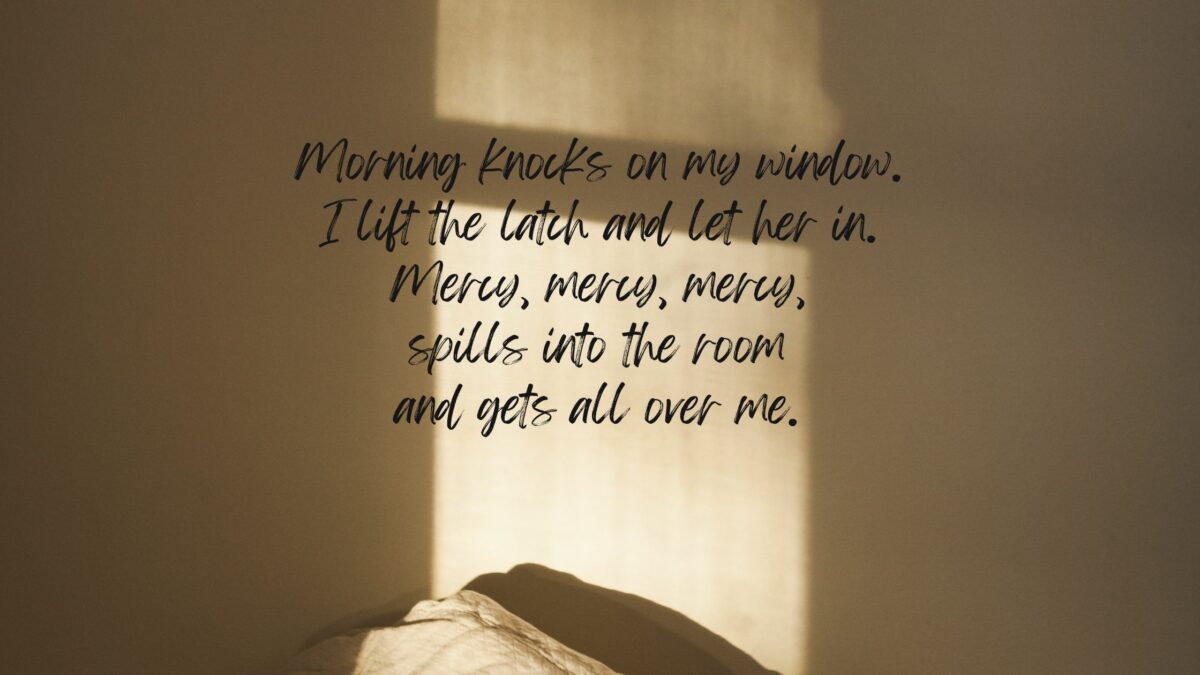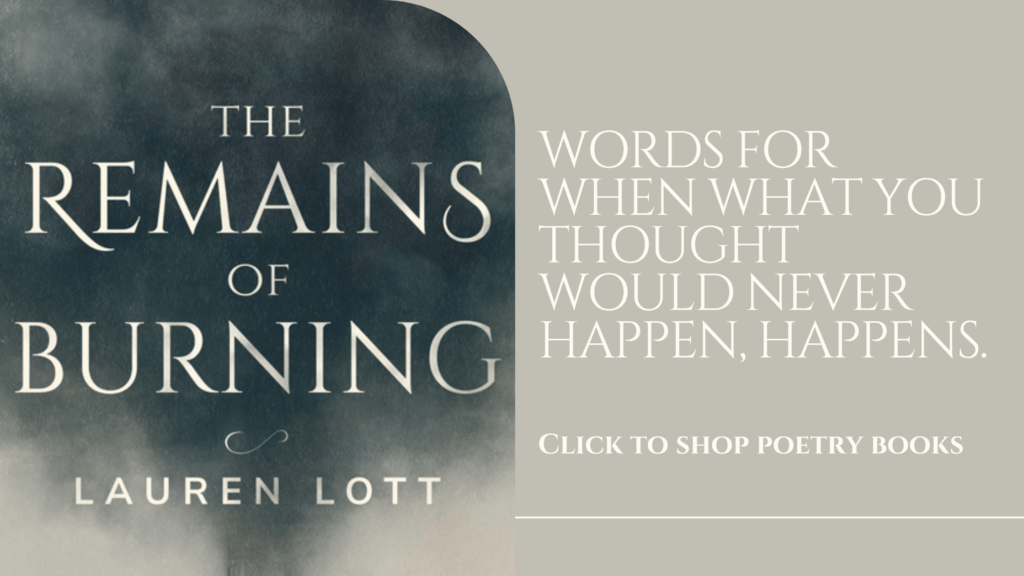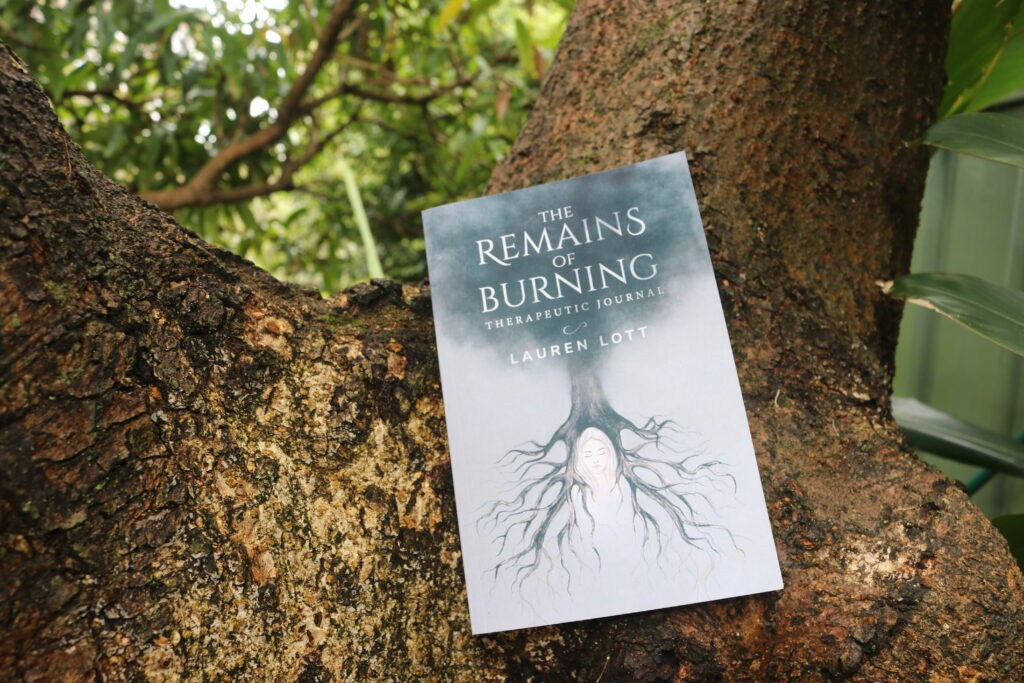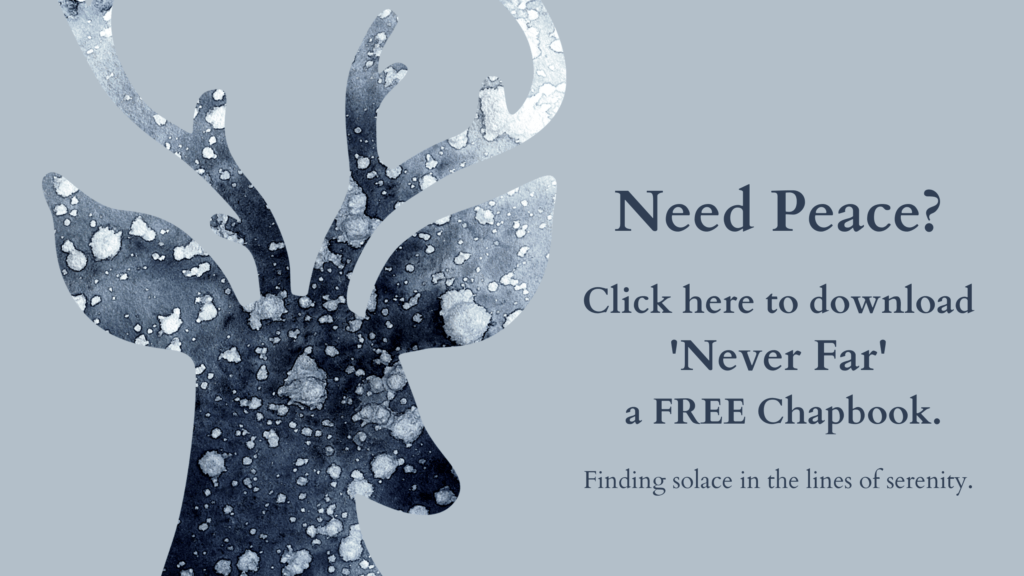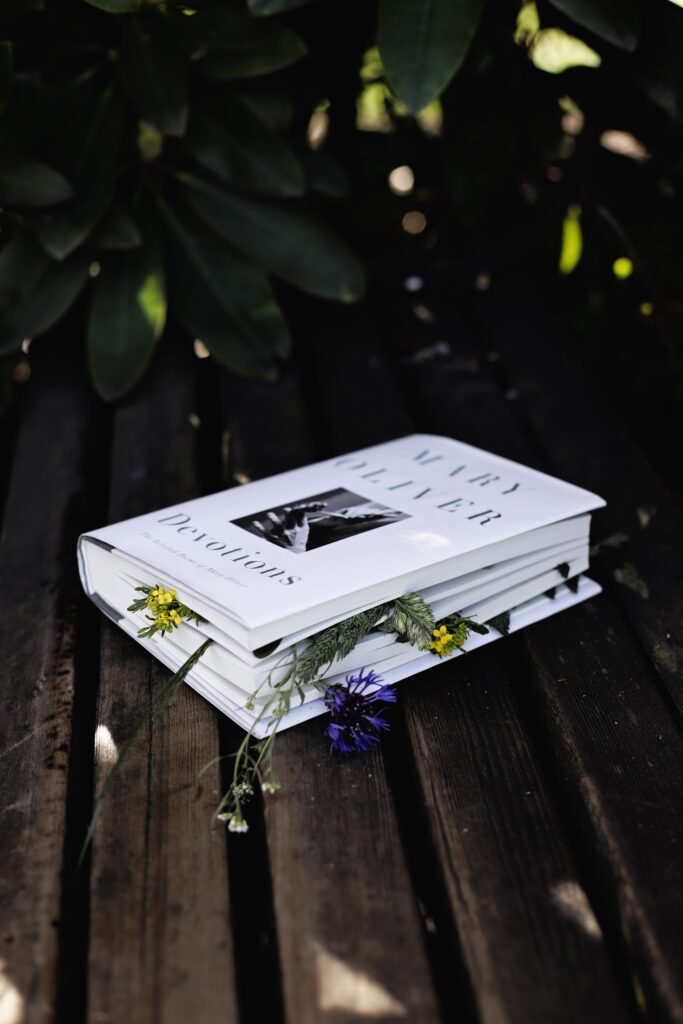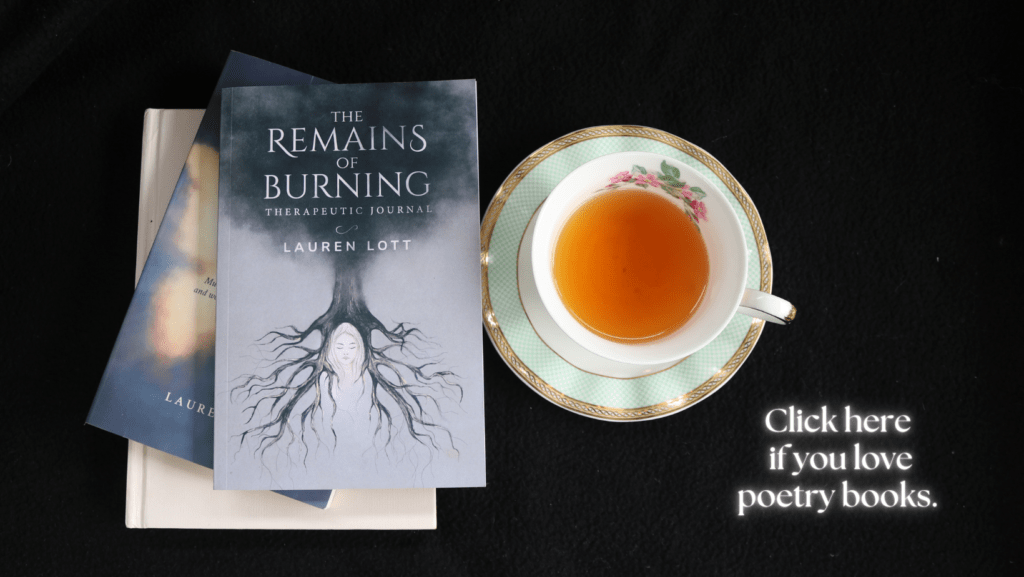Dealing with painful thoughts and emotions is a universal challenge. For a while now, journaling has been my go to for offloading anger, frustration, feelings of rejection and dare I say it, red hot rage. I stand by a regular journaling practice – writing things down really helps me, however of late, I’ve found something else that has provided almost instant relief.
Imaginative techniques can offer profound reprieve and clarity. One such method involves visualising emotions as tangible objects and placing them before someone wiser, someone more equipped to handle them.
The Power of Visualization
Visualisation is a powerful tool that taps into our innate creativity and the mind’s ability to transcend immediate emotional turmoil. By giving form to abstract feelings, we can externalise and better manage them. This technique is particularly useful when I struggle with articulating emotions (finding the words).
Turning Emotions into Objects
I imagine my anger as a coil of coins, stacked and wrapped in brown paper (weird I know, but that’s what anger feels like to me). I visualise myself sliding these coins across a table, feeling their weight and the texture of the paper. This simple act of imagining my anger as something tangible provides a sense of control and distance from the emotion.
I see my sadness as a heavy stone, my anxiety as a bag of razors. By visualising these feelings as objects, I can acknowledge their presence without being entirely consumed by them. This practice allows me to interact with emotions in a new, more manageable way.
Seeking the Wisdom of Others
The next step is to place these visualised objects before someone wiser, someone more equipped to deal with them. A symbolic figure representing wisdom and compassion. For me, this figure is Love personified—an entity capable of understanding and sorting out even the most complexed problems.
I Imagine sliding my stack of anger across the table to this person. In my mind’s eye, I watch as they examine it and understand it. They nod to acknowledge what I have given them and I turn away.
The Benefits of This Technique
Externalising my emotions offers a valuable perspective, allowing me to view them more objectively. In an object, emotions are contained. They have limits. They can be controlled, analysed and transferred. Thay are stationary until we move them and only have the power we give them.
Sharing emotional burdens, reinforces the concept that I do not have to carry burdens alone. This act of sharing, through visualising the transfer of emotions, lightens the load and provides a sense of support and understanding.
Visualising and then relinquishing emotions to someone wiser empowers me to take control of my emotional well-being. This technique fosters a sense of agency and self-empowerment, as I actively engage in managing my emotions.
By entrusting my feelings to a figure of wisdom, I create a mental framework where I are not dominated by my emotions, but rather, I am in charge. This empowerment can lead to a healthier emotional state and a stronger sense of personal resilience.
Putting It into Practice
To incorporate this technique into your routine, whenever overwhelming emotions arise, close your eyes, and imagine your feelings in physical form. Identify the dominant emotion you are feeling and imagine it as an object.
Next, picture the wise figure you’ve chosen. Visualise placing the object in front of them. It is their job to deal with it. Only when you leave it, can they do so.
Final Words
After only a short time of practising this technique, I have noticed its liberating effects. The technique allowed me to externalise and observe my emotions from a distance, transforming them from overwhelming waves into manageable insights.
Additionally, I found myself becoming more emotionally resilient. Instead of being swept away by negative feelings, I have a way to master them. Moreover, the empowerment I gained from this practice is incredibly motivating. It is reassuring to know that I have a reliable tool to turn to whenever I feel overwhelmed.



